POLITICO: Teaming Up In Vermont
TEAMING UP IN VERMONT — A band of state lawmakers are taking a unique approach to the tech industry’s lobbying efforts — they want to hold a hearing to show just how pervasive and influential it is.
Vermont’s House Committee on Commerce and Economic Development has invited lawmakers from six states for a hearing to discuss the tech industry’s lobbying efforts. Friday’s hearing comes as the tech industry has largely run the table on getting its preferred language into privacy bills across the nation.
The tech industry groups have backed a framework that uses a “notice-and-consent” model where companies can collect data that’s disclosed in their privacy policy until people specifically opt-out. Fifteen states have followed privacy legislation that follows this model, and tech industry groups argue that legislation that drifts from this framework would make it difficult for businesses to comply. Privacy advocates are pushing for a “data minimization” model where companies can only collect data that’s necessary for functional purposes.
The latter model first gained prominence in the federal American Data Privacy and Protection Act of 2022, and is also present in the American Privacy Rights Actunveiled by House Energy and Commerce Chair Cathy McMorris Rodgers (R-Wash.) and Senate Commerce Chair Maria Cantwell (D-Wash.) on April 7.
The invited witnesses are from Montana, Maryland, Vermont, Oklahoma, Kentucky and Maine, all states the tech industry has lobbied with varying degrees of success.
Maryland passed what privacy advocates believe is one of the strongest state privacy laws despite lobbying efforts on April 6, while Maine lawmakers echoed lobbyist concerns before voting down a similar proposal on April 17.
Vermont is seeking to pass privacy legislation similar to Maryland and Maine’s proposals, which its House of Representatives voted unanimously to pass in March. Despite the overwhelming support, lobbying efforts in the Senate threaten to derail the bill as Vermont’s legislative deadline approaches in May.
The legislation’s co-sponsor, Rep. Monique Priestley, told POLITICO that other states’ experiences could provide valuable insight to Vermont’s lawmakers who are now in a similar situation.
“I want to ask them to share the story of their bills, bumps along the way and the moment they realized what they were up against,” Priestley said. “Everyone probably has a moment when they realized, ‘this is not unique.’”
— The state of play: For Priestley, the tech industry’s influence was apparent after the bill advanced from the House to the Senate. It was at that point the industry began blitzing the senators with letters opposing the bill. The letters came from local organizations such as the Vermont Chamber of Commerce, Vermont Retail & Grocers Association and outdoor apparel brand Orvis, which said language allowing people to sue companies for privacy violations would hurt small businesses.
Vermont’s senators have since recommended the bill follow the tech industry’s preferred model, which requires people to opt out of their data being collected, and does not allow individuals to sue if their privacy rights are violated.
Orvis’ participation mirrored L.L. Bean’s on proposed privacy regulations in Maine, where state senators invoked the company’s concerns as they voted against the bill last week.
Orvis did not respond to a request for comment.
Like Vermont, Maine’s House of Representatives also voted to approve the state’s privacy proposal before lobbyists swayed the Senate against the bill. Priestley hopes that by pointing out this pattern across states, Vermont’s privacy proposal can avoid the same fate.
“We can hear from other states that this is the exact same playbook, over and over again,” Priestley said.
— Meet the witnesses: Friday’s testimony will share lawmakers’ personal experiences with the tech lobby: from how they leveraged local businesses to oppose legislation to the arguments they’ve made against strict regulations. The list of speakers includes Republicans like Montana Sen. Daniel Zolnikov, who reversed course on amending his privacy proposal after feeling industry lobbyists duped him, and Sen. Whitney Westerfield of Kentucky, whose privacy bill was stalled until it died this year despite being voted through the House in 2023.
Maine’s Rep. Maggie O’Neil is expected to discuss how lobbyists pushed senators to kill her bill after House lawmakers passed the legislation, while Maryland’s Del. Sara Love is expected to share how lawmakers there passed its regulations despite lobbying efforts.
The hearing will not include Vermont’s senators, where most of the lobbying efforts have been effective, Priestley said, but she hopes that this discussion of shared experiences will help state lawmakers become more familiar with lobbying tactics in the future.
“It’s a long-term investment and letting the public see what their lawmakers are up against,” she said.
(This piece was featured in POLITICO’s Pro Morning Tech newsletter on 4/23/2024.)


